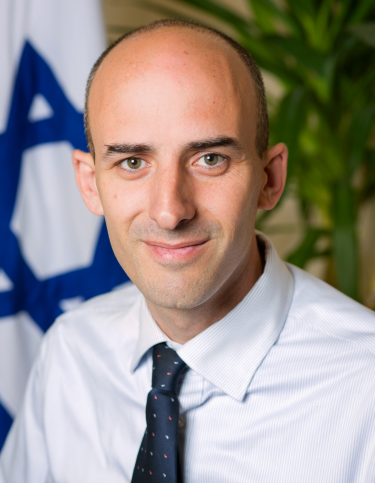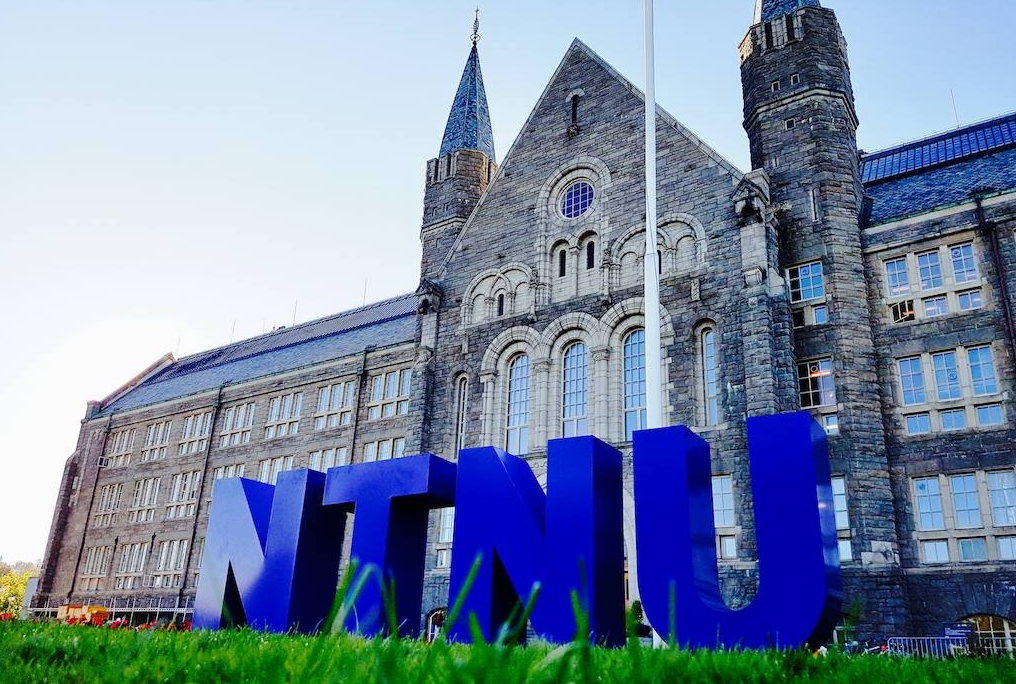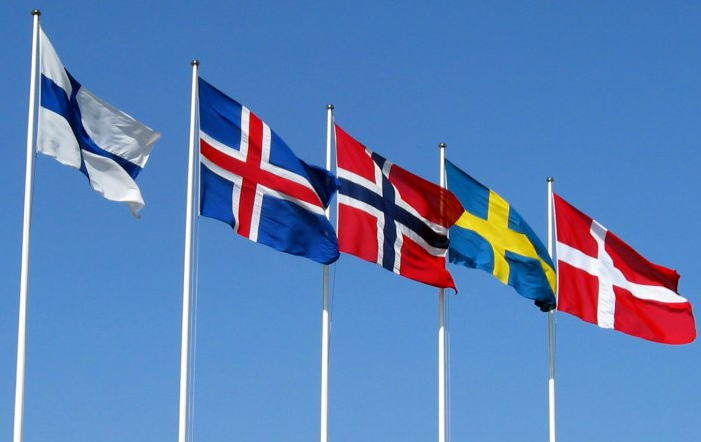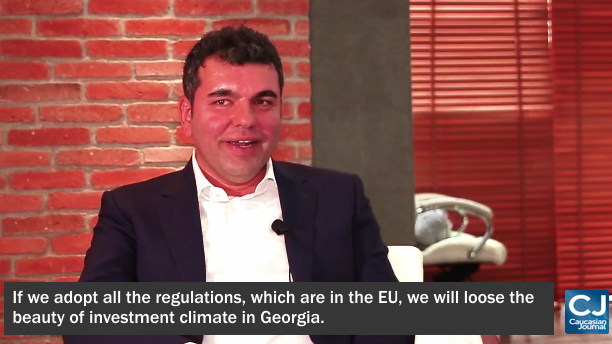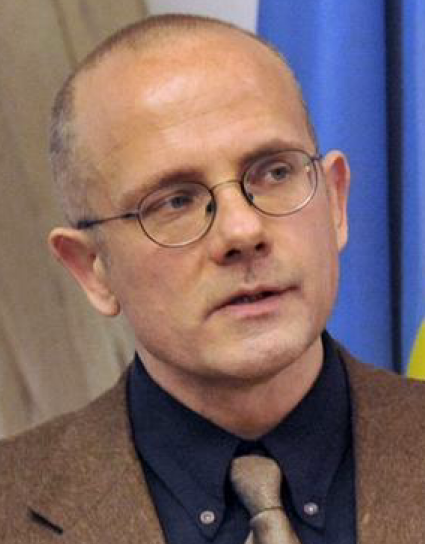 For readers who have missed the original English publication, we republish it below. It focuses on renewable energy - in particular hydropower in Georgia. This interview continues our program of interviews with high-level practitioners from Western Europe who share knowledge in areas most relevant to our region.
For readers who have missed the original English publication, we republish it below. It focuses on renewable energy - in particular hydropower in Georgia. This interview continues our program of interviews with high-level practitioners from Western Europe who share knowledge in areas most relevant to our region. Alexander KAFFKA, editor-in-chief of CJ: You have a rare experience as a Westerner who has started a successful large-scale business in Georgia “from zero”, and worked under several different governments. Do you sometimes feel that your experience is a very valuable asset, sharing which may be beneficial to many people, and to the country in general?








